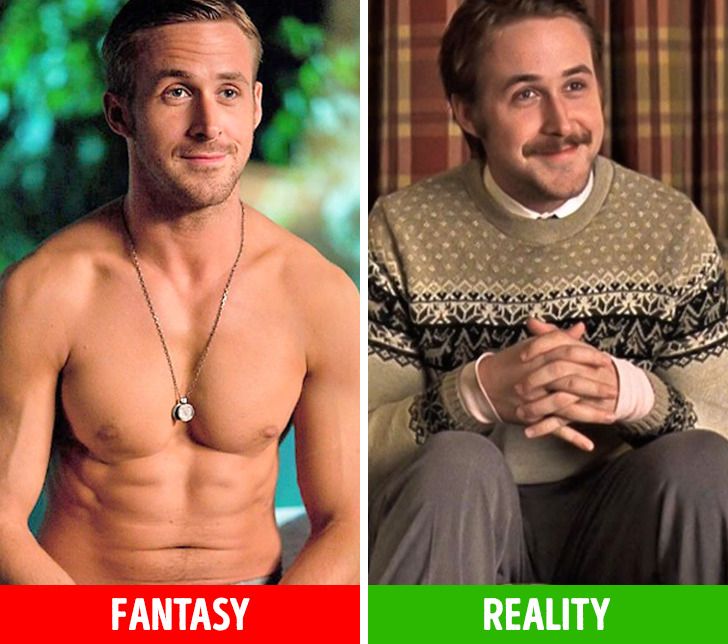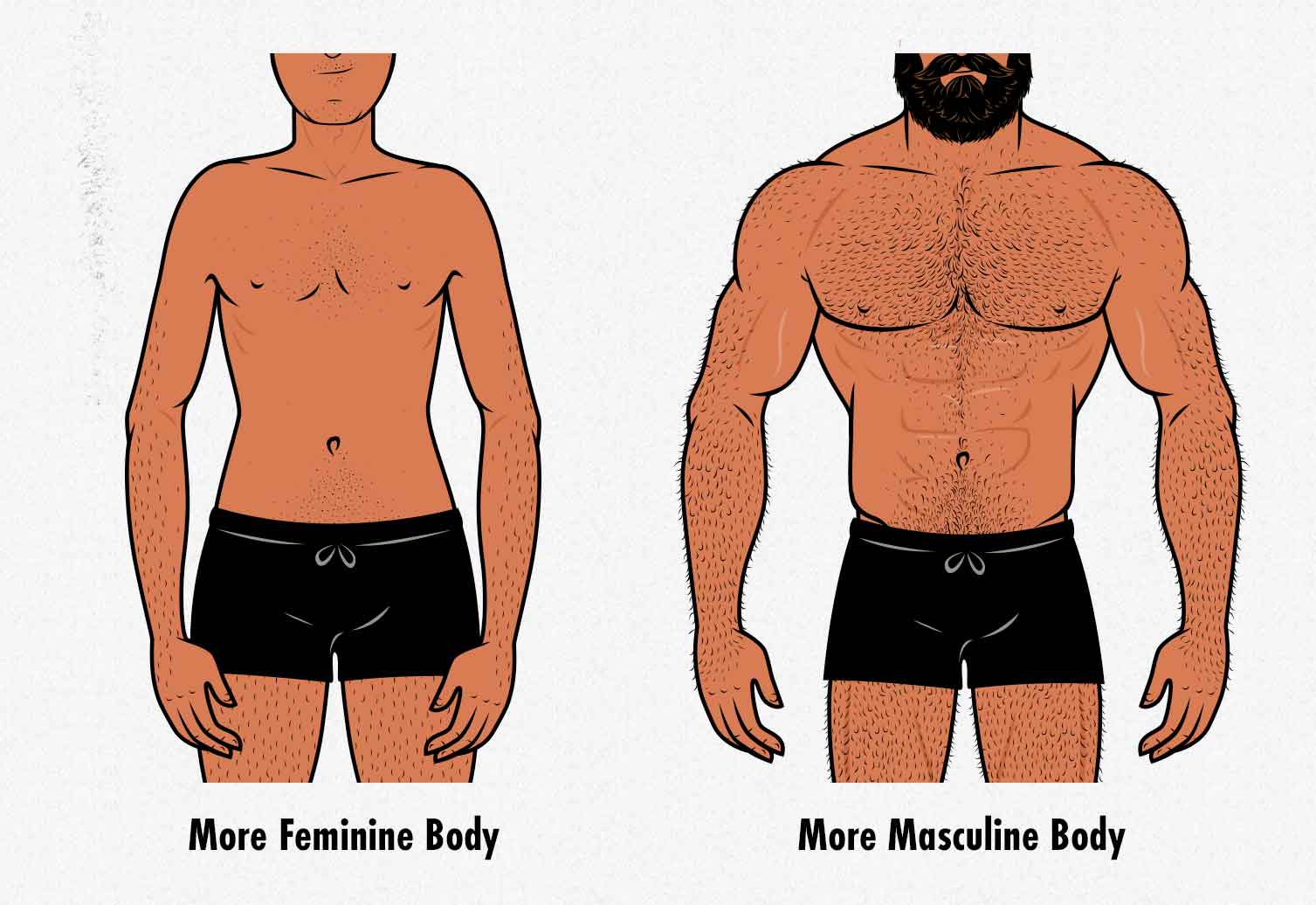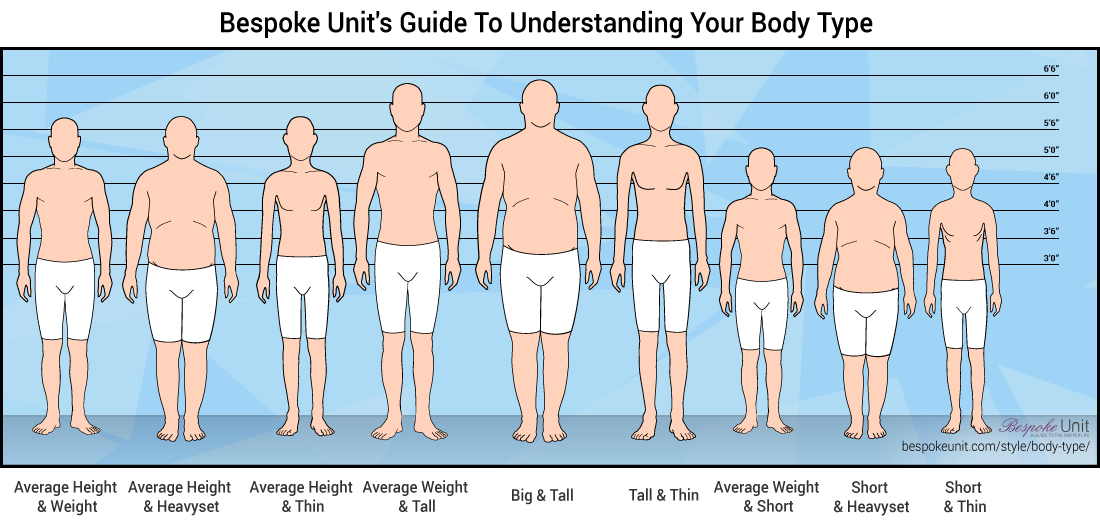By Evi Tsakali,
Stereotypes are myths: the fact that women have to be thin and at the same time curvy, not too short and not too tall (and any other modern beauty standard you may imagine) is a myth. But do you know what is also a myth? The fact that this issue is exclusively feminine. Men suffer from unrealistic body standards too, and — unfortunately — it is not discussed very often.
Growing up, boys witness their fair share of “perfect” male imagery; in the media, ads, and press; not to mention what happens when porn enters the equation… No wonder it is quite hard to get teenage boys and young men to share feelings about body image and body goals. I was reminded of this the hard way, even though I had noticed it all these years through my male friends and acquaintances, when I asked some of my male university mates, in the process of writing this article, about their personal experiences regarding this issue; nobody had anything to say, no insecurities, no bad comments experiences to share. But I have serious doubts about whether this reflects the truth.

In teen movies, we see high school guys being fully jacked, with a six-pack, perfect face, perfect hair, perfect height, perfect voice tone, and just the right amount of facial and body hair. I think there is no need to explain how a regular high school student does not look like that; at all. And it is normal (the contrary would not be). Suffice it to say it is not that your school has the worst-looking guys, or your university department has the less appealing male students (a statement made almost by every university department on earth in their social media shitposting accounts).
It is for all the aforementioned that I decided to make a list (like the one with stereotypical sexist lines that I had done for a previous article) enumerating some very common beauty standards concerning men, which include, but are certainly not limited to:
1. Body weight
Women should not be too thin and not too curvy, according to beauty standards; men are also supposed to be neither too skinny nor too overweight, but that does not suffice. The idealized standard of the sculpted muscular shape has rarely been reflected on the average male body. Despite plus-size female celebrities having started being in the spotlight these years, their male equivalents have not yet met such progress. In the meantime, nearly all body positivity content creators on social media are women, addressing their messages to a female audience.
British model and body positivity activist Ben James stated in an interview for BBC Culture, “I would like to see the industry improved by having different body shapes used in never-before-seen ways. Why can we not have a ‘dad body’ in a fragrance campaign or a lead role in a film? The focus needs to shift from these unnaturally-attained physiques that even the actors themselves cannot sustain”; he continued by explaining how his work “gives comfort and confidence to boys and men alike, it tells them that they are wanted, and they are worthy”.

2. Height
Heightism, as it is referred to in related literature, is an aspect of modern beauty standards that is more rarely discussed regarding any gender. Nevertheless, the stigma of height-related beauty standards is basically targeted at men, who are generally being judged proportionally to their height: and that is normalized. It occurs disturbingly often to me to hear women my age judging men for commenting on women’s bodies (and very rightfully so) and judging them themselves by shaming them for their height.
At the same time, a typical description of a woman’s type begins with the prerequisite of him being “tall” (actually very tall): and how could it be any different when we cannot name any romantic trope in a film or book involving a taller woman and a shorter man. Unfortunately, the prejudice against shorter men is not limited to the romantic sector: according to Arianne Cohen, author of The Tall Book, men who are taller get promoted more, paid more, and are considered better leaders than their shorter counterparts, not because they are more deserving, but because, “they have sort of gotten a halo in the society at this point”, she says.

The above are only indications of how the patriarchy imposes a specific ideal of the male body as the exclusive measure for masculinity. Therefore, it is imperative to reevaluate what it truly means to be a man. The word “manly” should only be connected to height, weight, muscles, and body hair, but too much more, way more essential and meaningful…
References
- Heightism and unattainable beauty standards: The tall and the short of it, tbsnews.net, Available here
- What does the ‘perfect man’ look like now?, bbc.com, Available here




